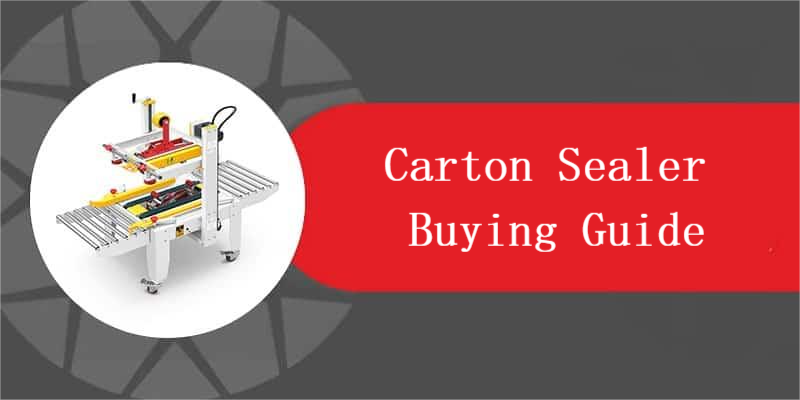
- Home
- About Us
- Workflow
- Projects
- Customer Feedback
- Private Policy
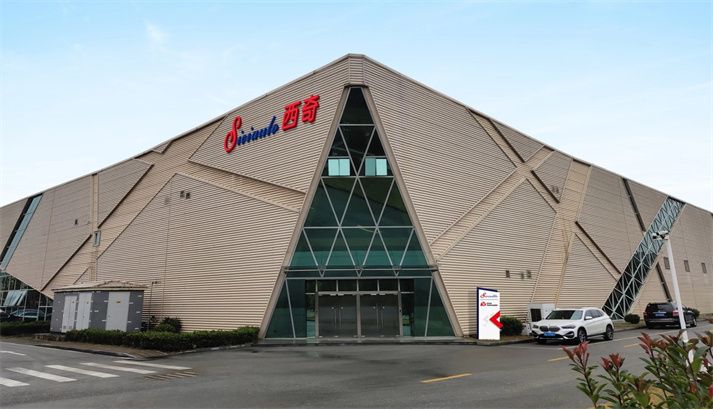
- Products
- Overwrapping Machine
- Cartoning Machine
- Case Packer
- Labeling Machine
- Shrink Wrapping Machine
- Case Erector
- Case Sealer
- Check Weigher
- Strapping Machine
- All-side Ironing Machine
- Tea Bag Packing Machine
- Packaging Materials
- Pillow Type Packing Machine
- Filling And Capping Machine
- Tube Sealing Machine
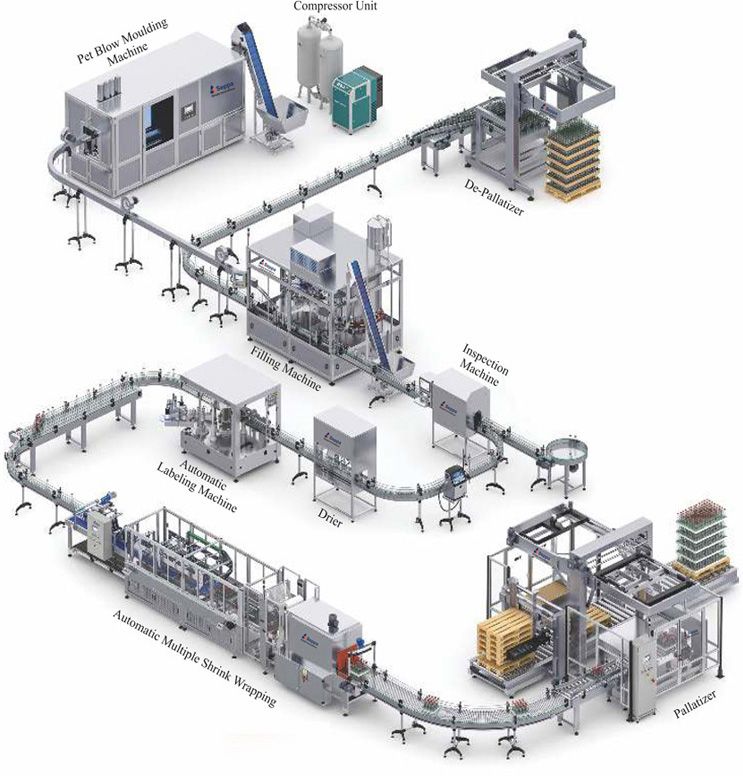
- Solutions
Carton Sealer Buying Guide2023-08-12Carton sealers, also known as case sealers or box tapers, are essential tools in the packaging industry. They automate the process of sealing cartons, ensuring secure and efficient packaging for various products. Investing in the right carton sealer can streamline your packaging operations, improve productivity, and enhance overall efficiency. In this article, we will provide a comprehensive buying guide to help you make an informed decision when selecting a carton sealer for your packaging needs.
1. Types of Carton Sealers
There are different types of carton sealers available, each offering specific features and benefits. The main types include
These are hand-operated machines that require manual adjustment and feeding of cartons. They are suitable for low-volume packaging operations.
l Semi-Automatic Carton Sealers
These machines automate the carton sealing process to a significant extent. They require manual carton feeding but offer automated sealing, taping, and flap folding functions. Semi-automatic carton sealers are suitable for medium-volume packaging operations.
l Fully Automatic Carton Sealers
These machines provide complete automation for high-volume packaging operations. They automatically feed, seal, and discharge cartons, minimizing manual labor and maximizing efficiency.
2. Carton Size and Compatibility
Consider the range of carton sizes and types that your packaging operation handles. Ensure that the carton sealer you choose can accommodate the dimensions and weight of your cartons. Look for adjustable features that allow for flexibility in sealing different carton sizes. Some carton sealers are designed specifically for narrow or large cartons, so select a model that aligns with your requirements.
3. Sealing Method
Carton sealers utilize different sealing methods, including tape, hot melt adhesive, or glue. Consider your specific needs and preferences when selecting a sealing method. Tape sealers are common and provide a reliable seal, while hot melt adhesive or glue sealers offer a more secure and tamper-evident closure. Evaluate the seal quality, speed, and cost-effectiveness of each sealing method to choose the most suitable option for your packaging needs.
4. Speed and Production Volume
Evaluate the production volume and speed requirements of your packaging line. Different carton sealers have varying sealing speeds, expressed in cartons per minute (CPM). Select a carton sealer that can handle the expected production volume without causing bottlenecks in your packaging process. Ensure that the sealer's speed aligns with your desired packaging efficiency.
5. Ease of Use and Adjustability
Consider the ease of use and adjustability features of the carton sealer. Look for intuitive controls, ergonomic design, and user-friendly interfaces that facilitate efficient operation. Adjustable features such as height and width settings allow for easy customization to fit different carton sizes. Quick changeover capabilities enable smooth transitions between carton sizes and styles, reducing downtime and improving productivity.
6. Reliability and Durability
Reliability and durability are essential factors to consider when investing in a carton sealer. Look for machines made from high-quality materials and robust construction to ensure long-term performance. Consider the reputation of the manufacturer and read customer reviews to gauge the reliability and durability of the sealer.
7. Maintenance and Support
Evaluate the maintenance requirements of the carton sealer and inquire about available support services. Choose a machine that is easy to clean, maintain, and troubleshoot. Check if the manufacturer provides comprehensive documentation, spare parts availability, and responsive customer support to address any potential issues that may arise during operation.
8. Budget Considerations
Set a budget for your carton sealer investment and explore options within your price range. Consider the total cost of ownership, including the initial purchase cost, operational costs (such as consumables and maintenance), and potential productivity gains. Compare different models and suppliers to find the best balance between features, quality, and affordability.
Conclusion
Selecting the right carton sealer is crucial for efficient and secure packaging operations. By considering factors such as the type of sealer, carton compatibility, sealing method, speed, adjustability, reliability, and budget, you can make an informed decision and choose a carton sealer that aligns with your packaging requirements. Investing in a high-quality carton sealer will optimize your packaging process, improve productivity, and ensure that your products are securely sealed for safe transportation and storage.
Welcome to visit www.siciauto.com to learn more about Case sealers.
Or visit our Youtube Channel to learn more cases by
https://www.youtube.com/c/SICIAUTO
About us- Tel: +86-510- 85868879
- E-mail: sales@siciauto.com
- Address: No.132-4, Rongyu Road, Xishan Economic Development Zone, Wuxi City, Jiangsu Province, China.
- SUPPLIER







- PROJECTS
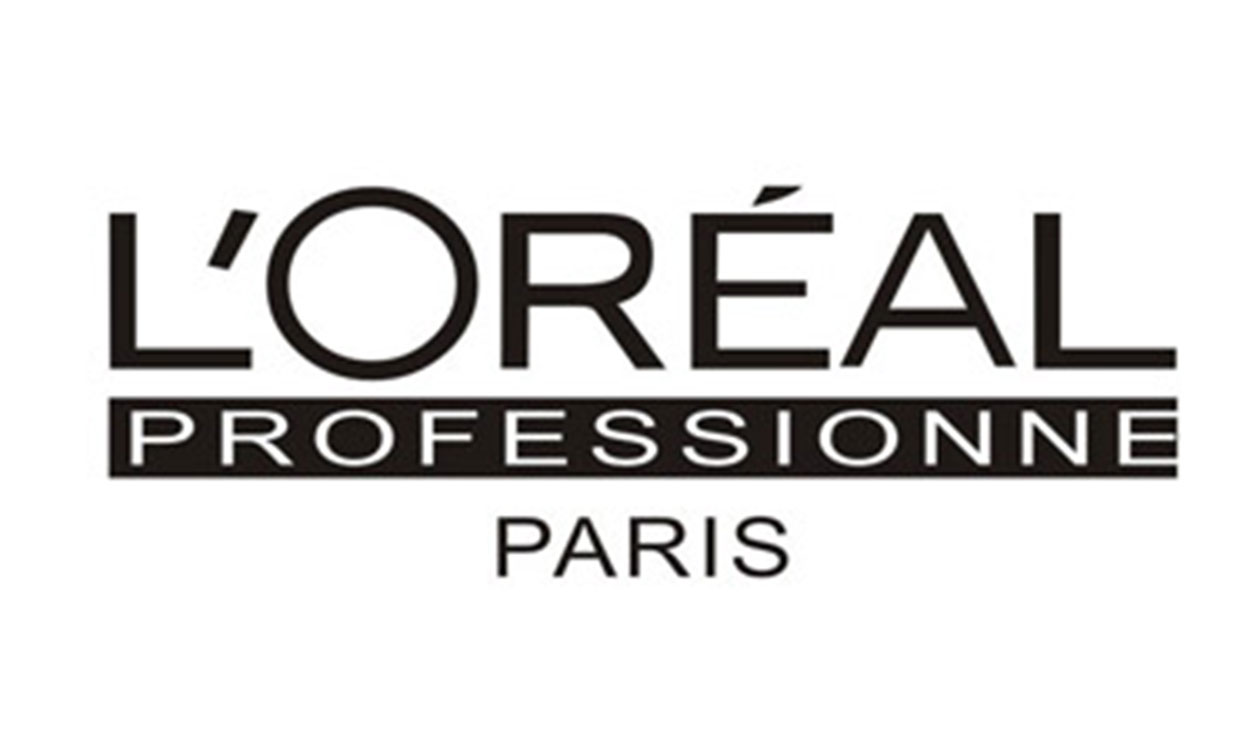


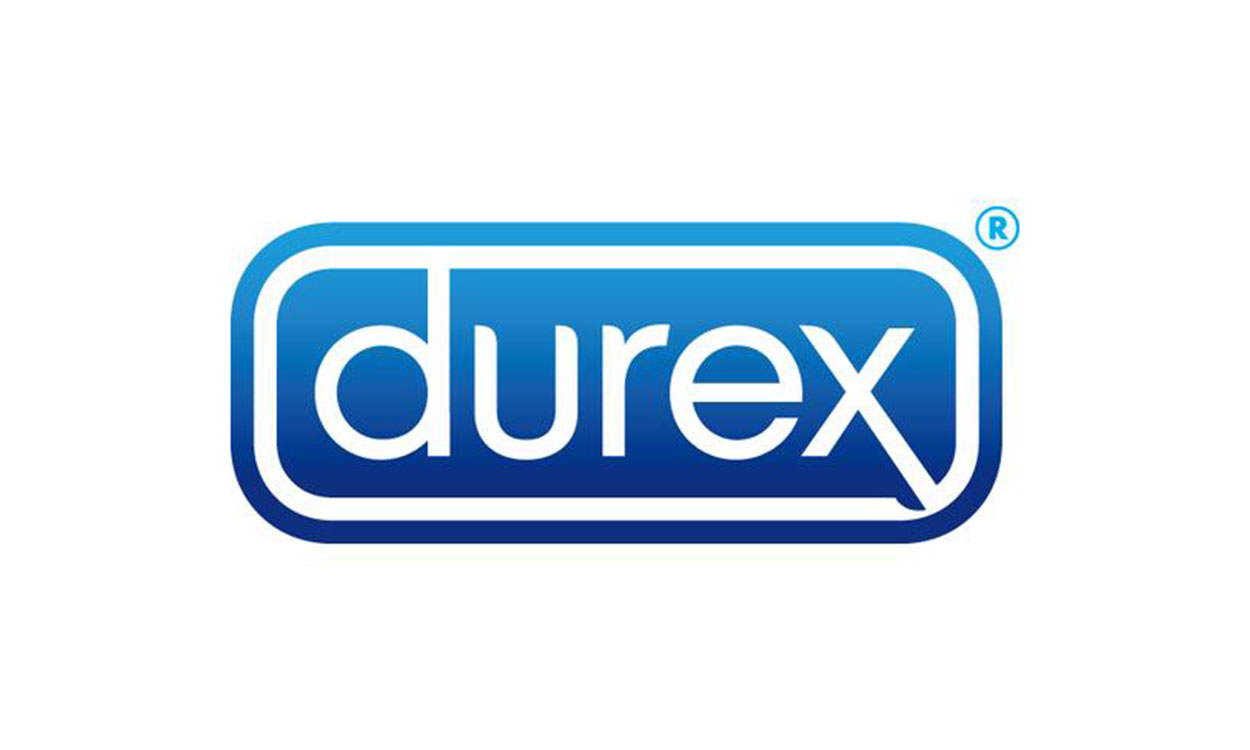

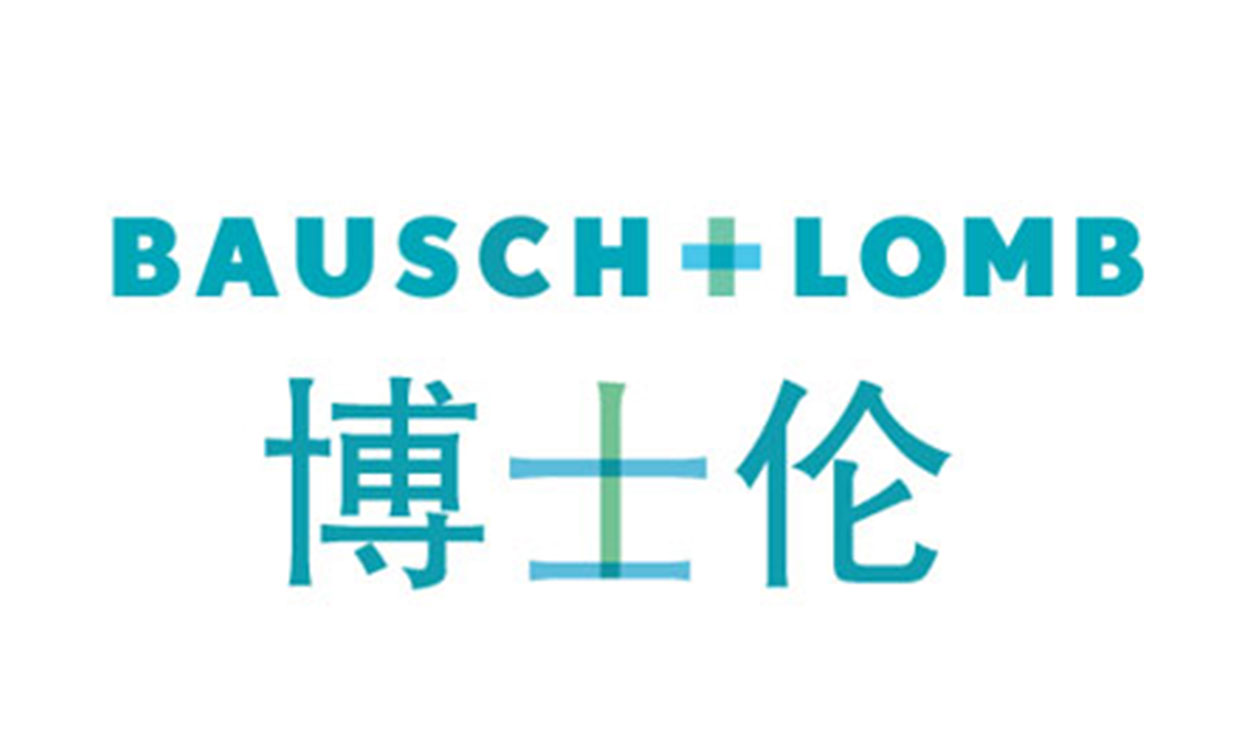

Wuxi Sici Auto Co., Ltd. Boxmedia








